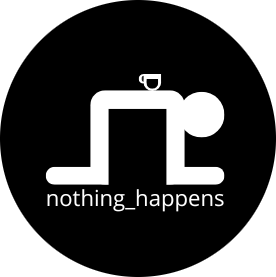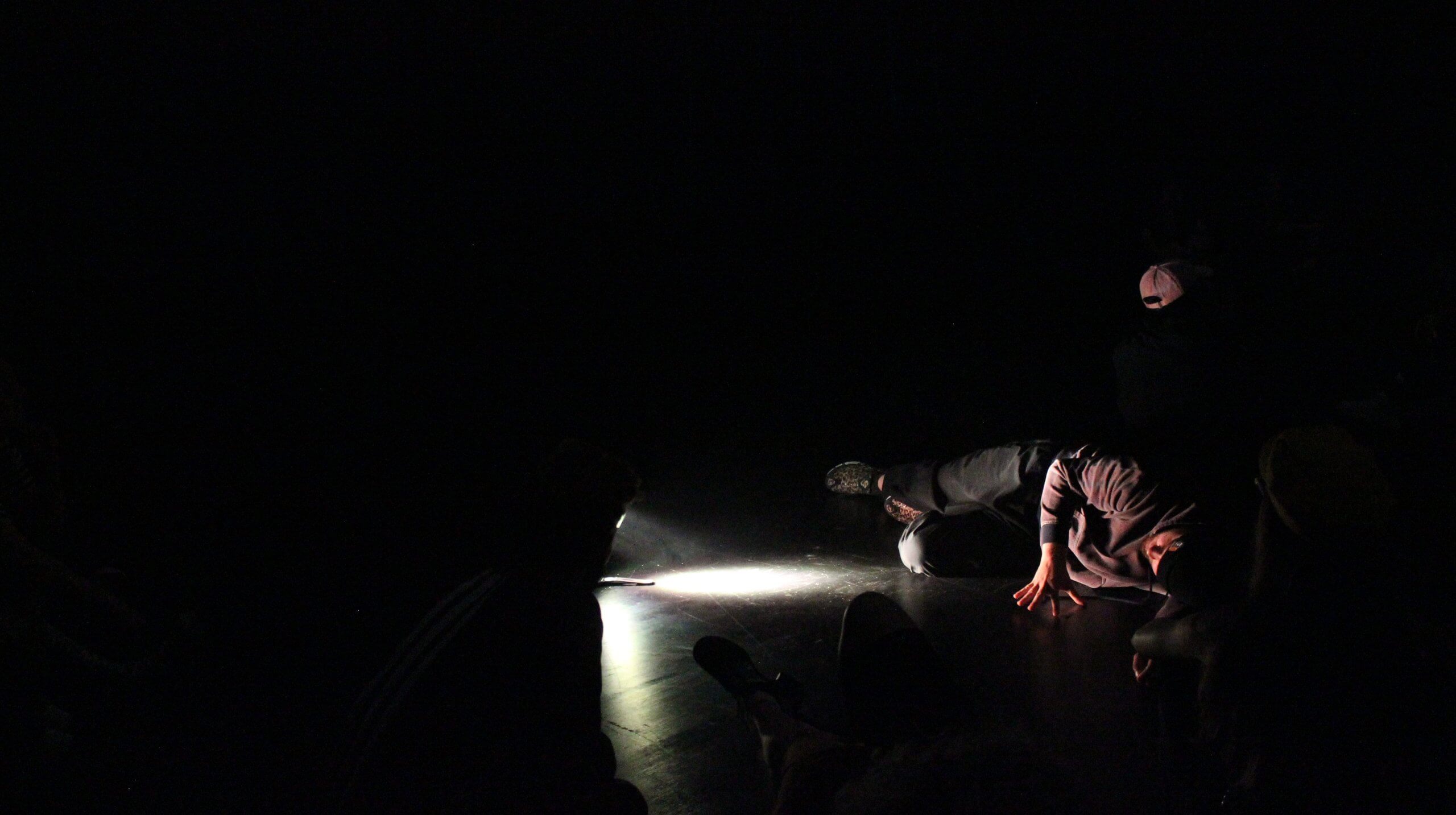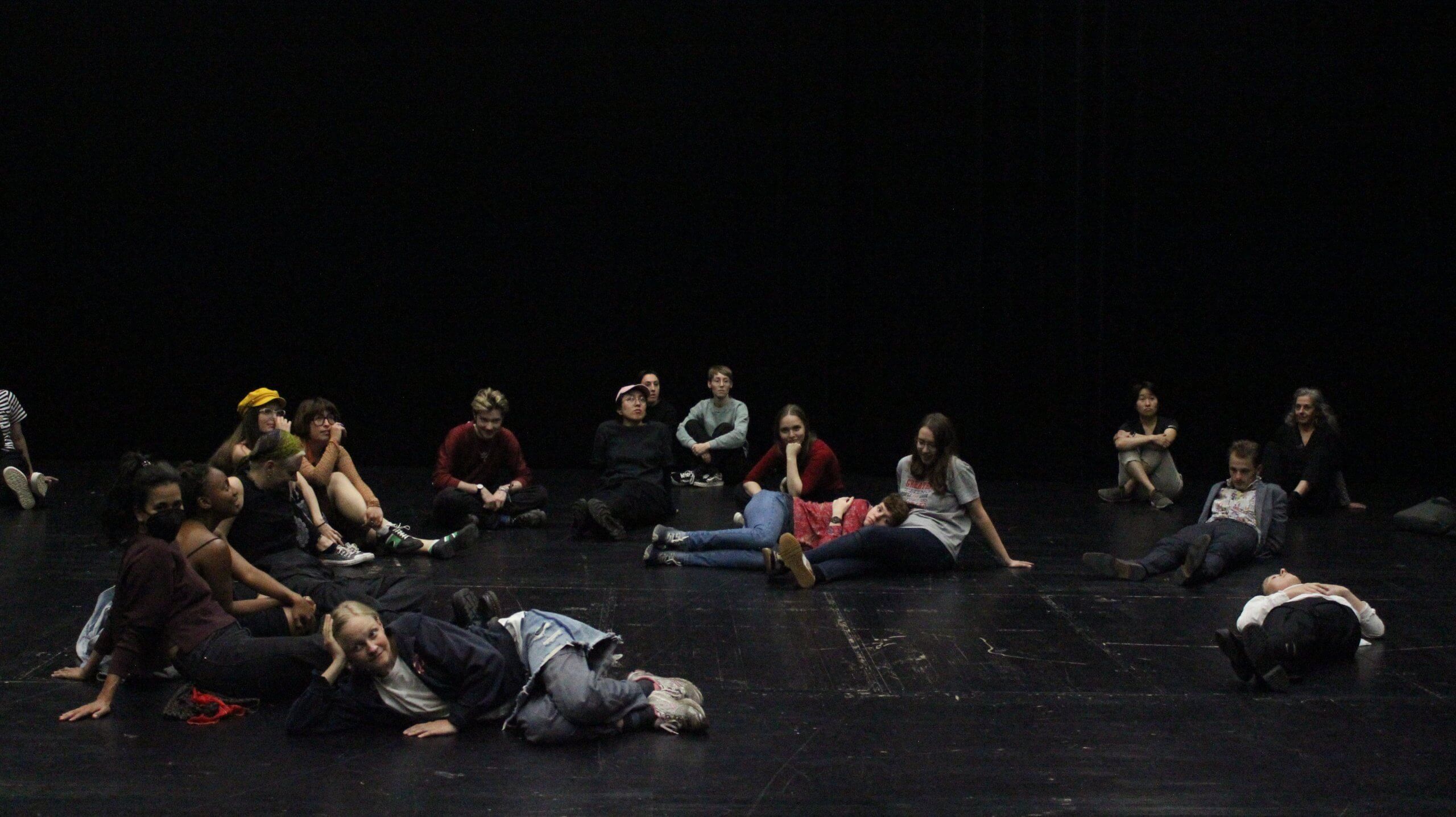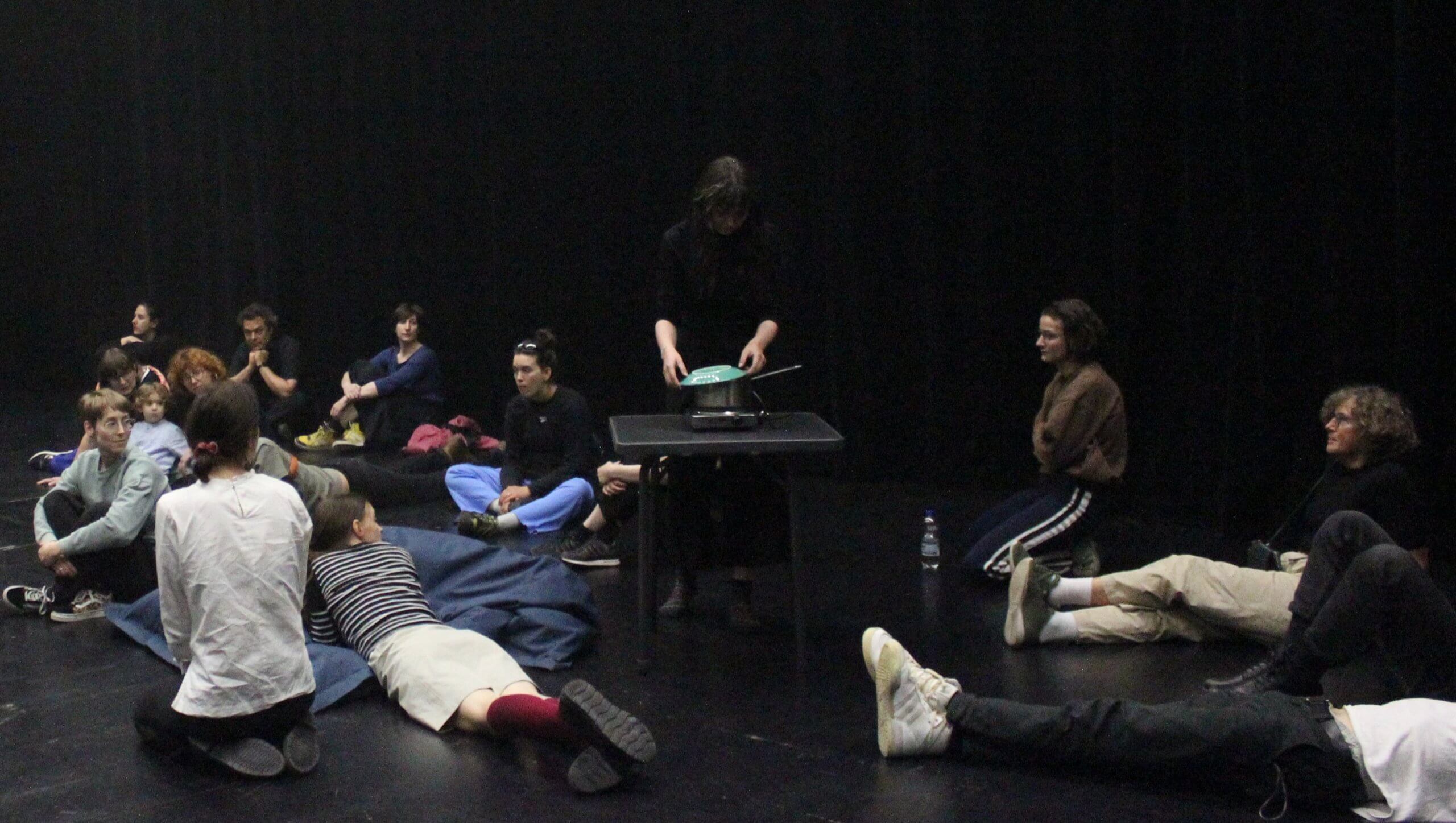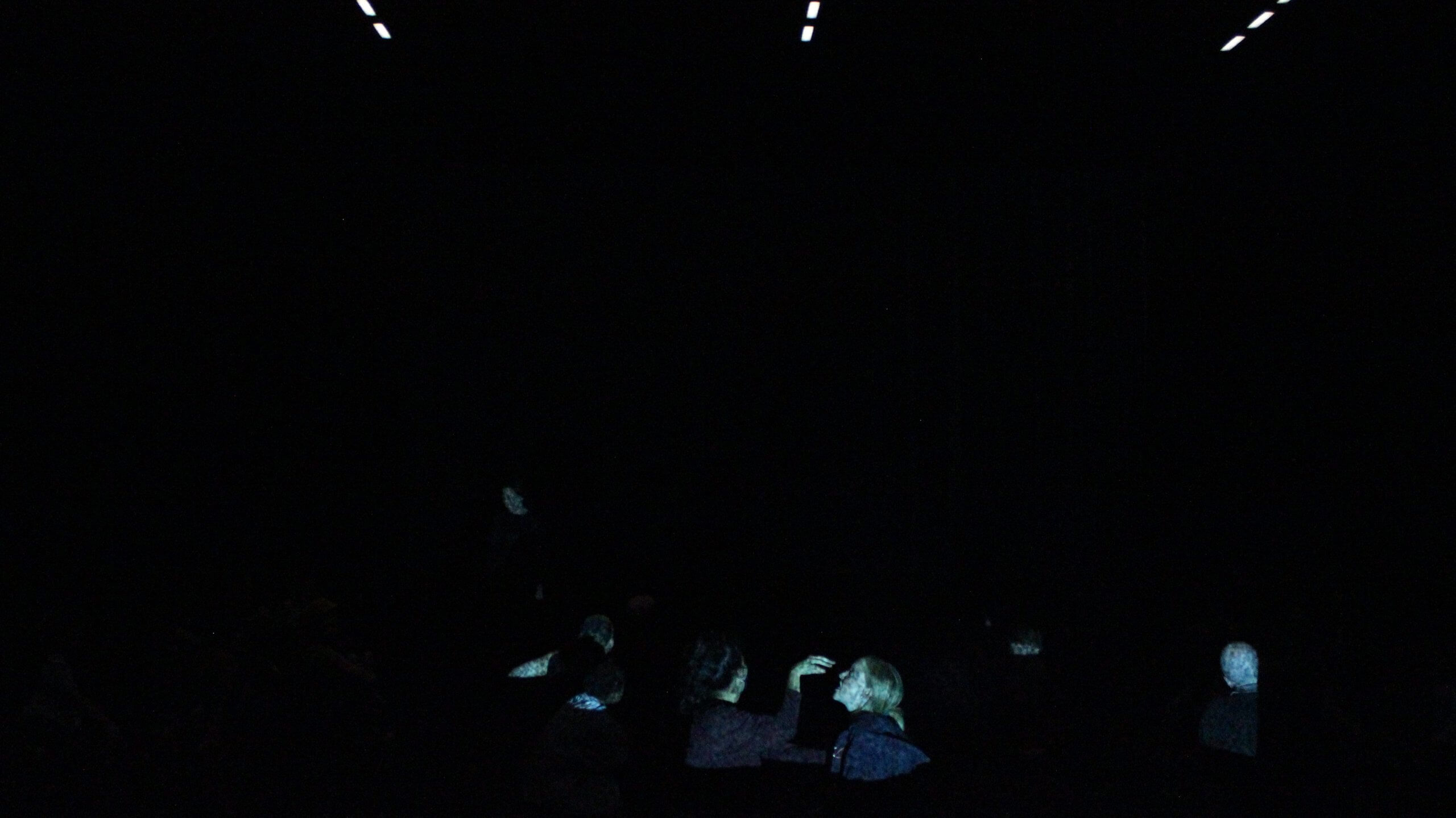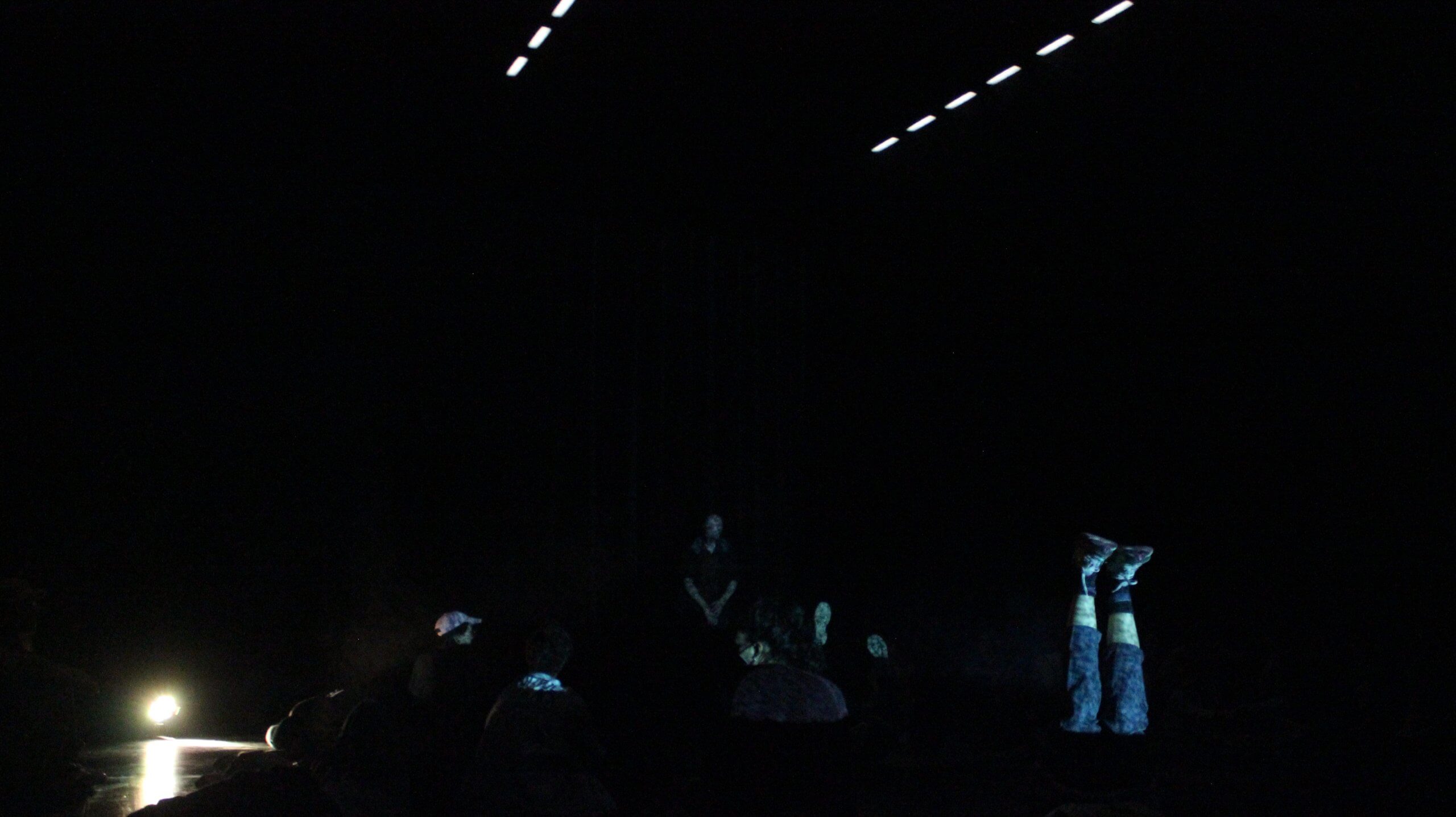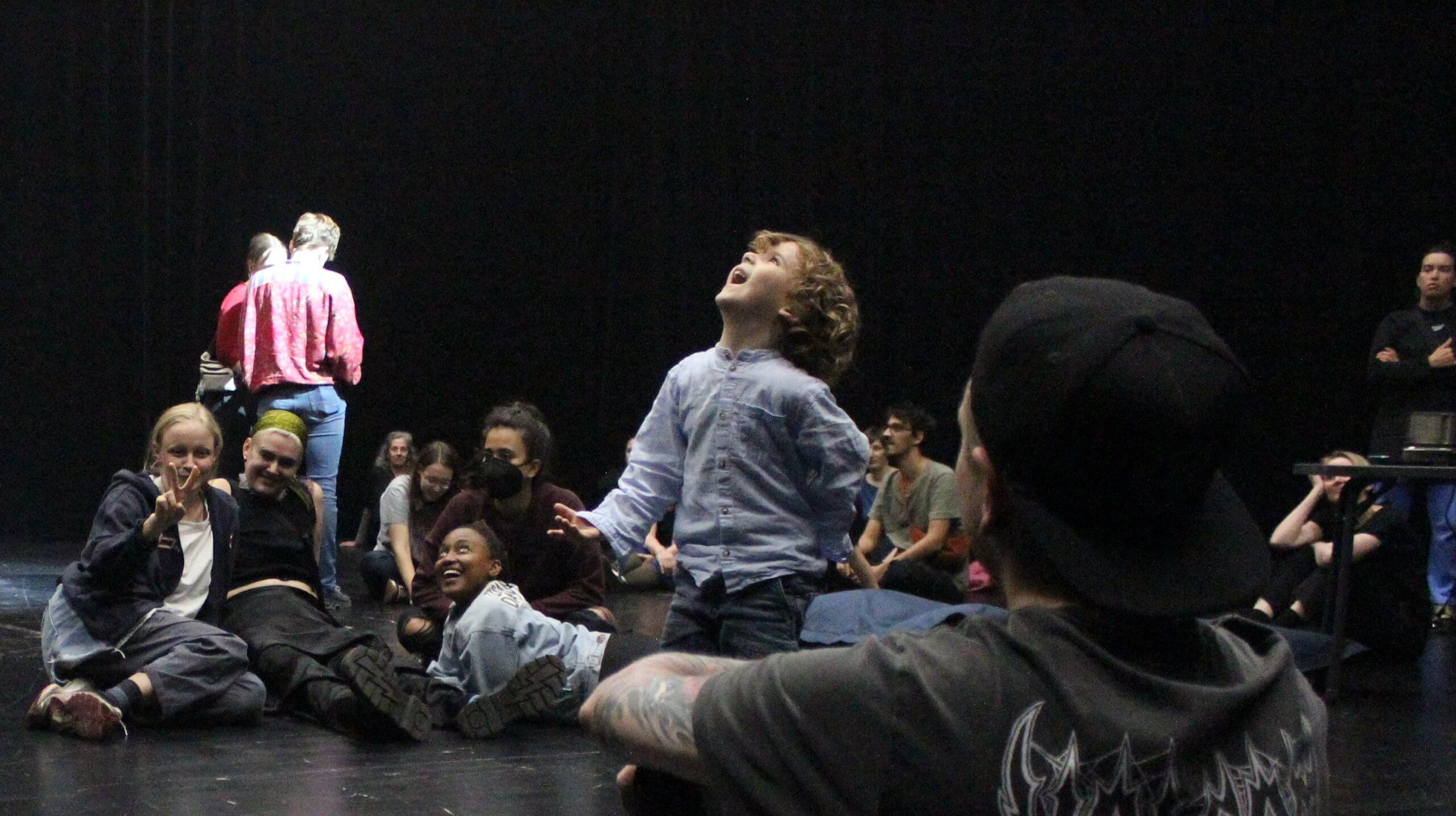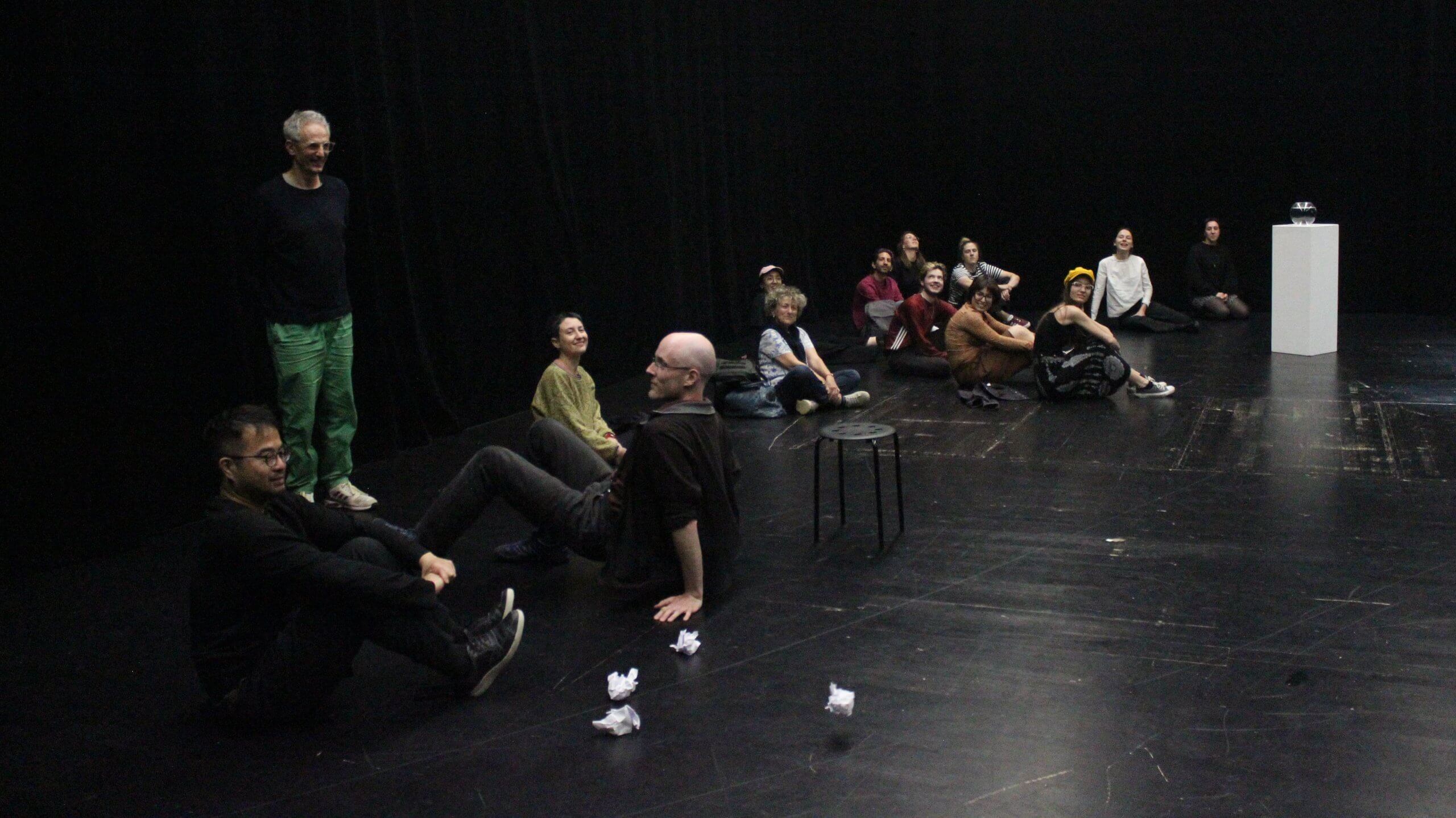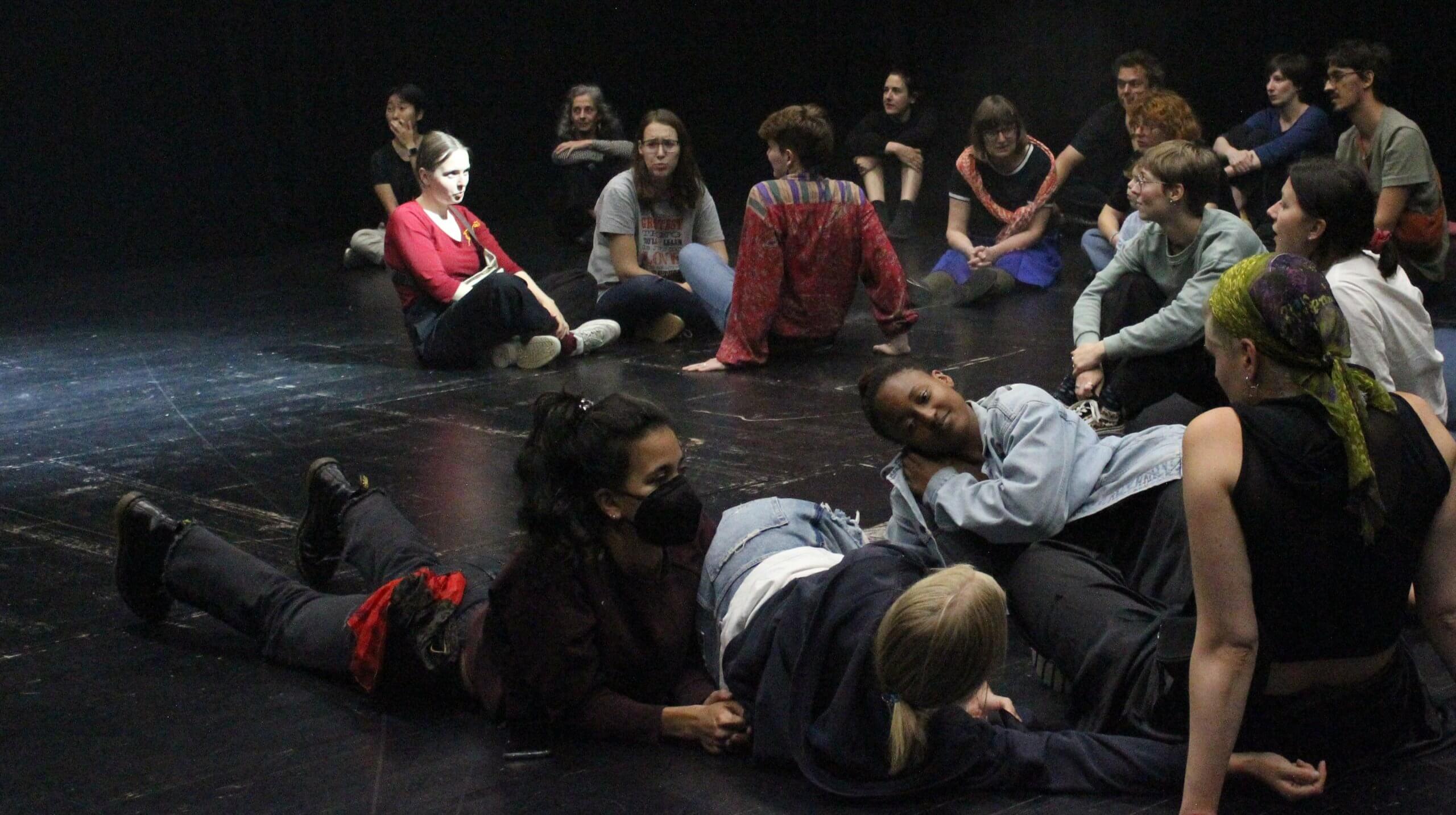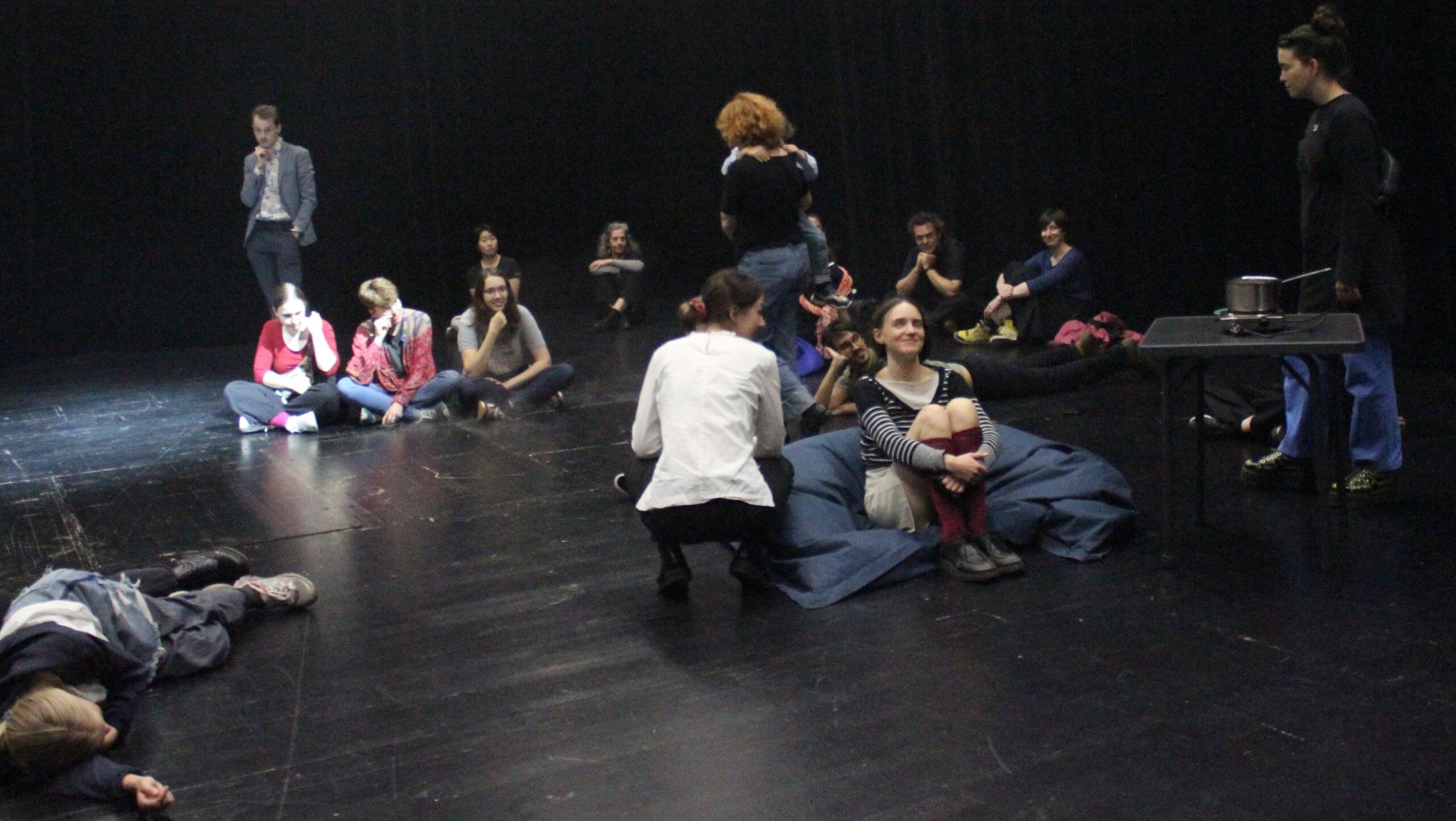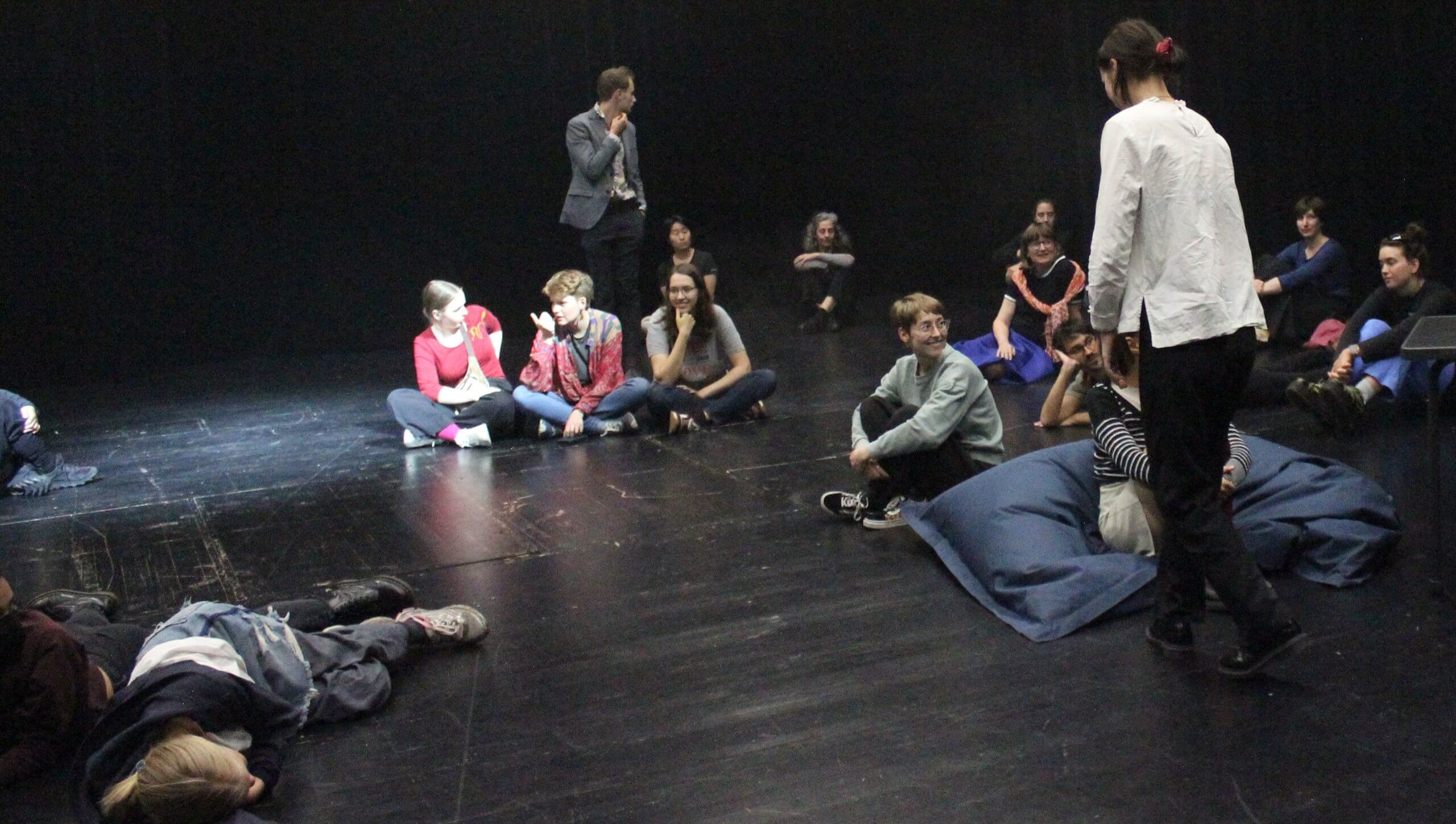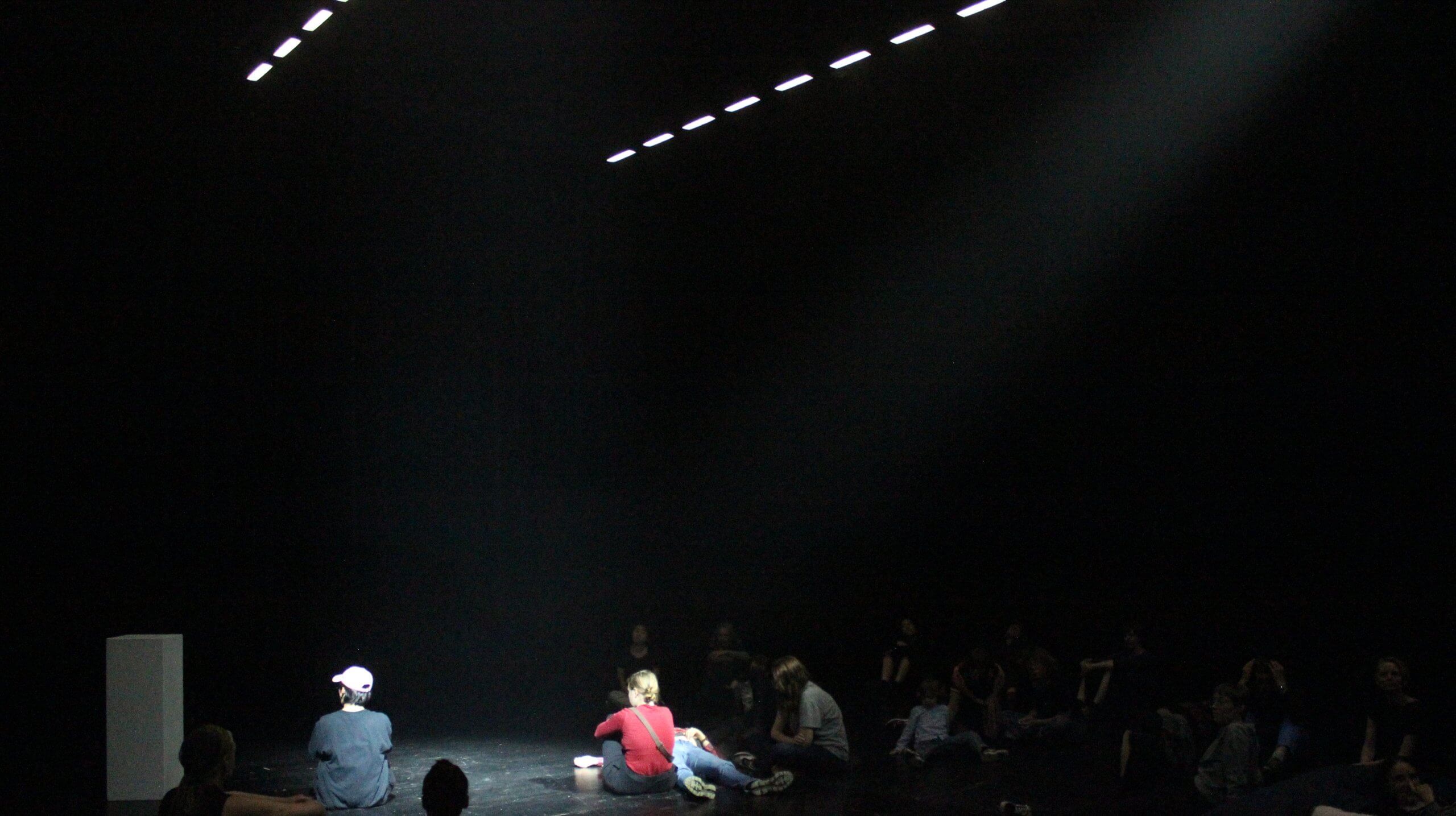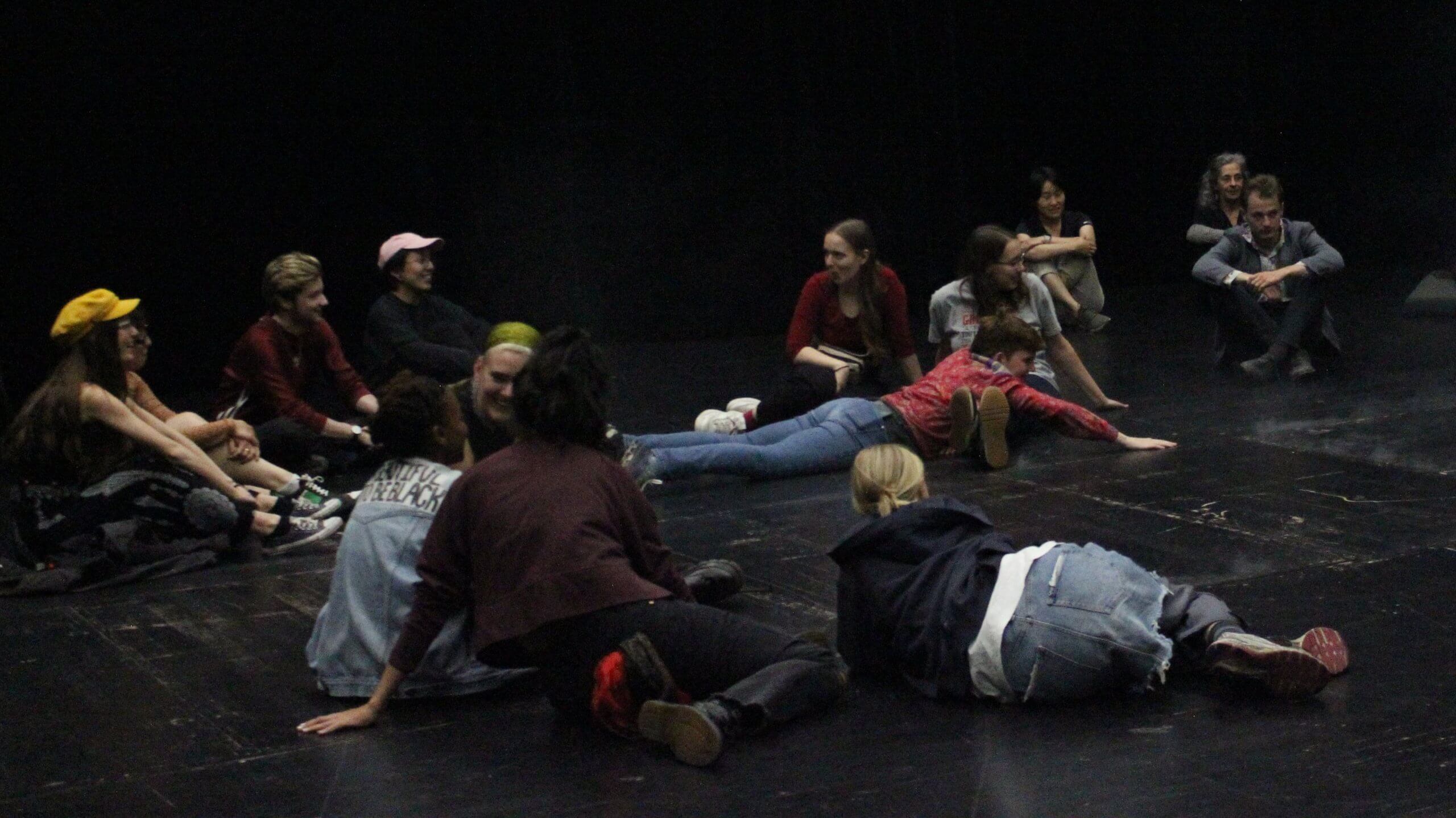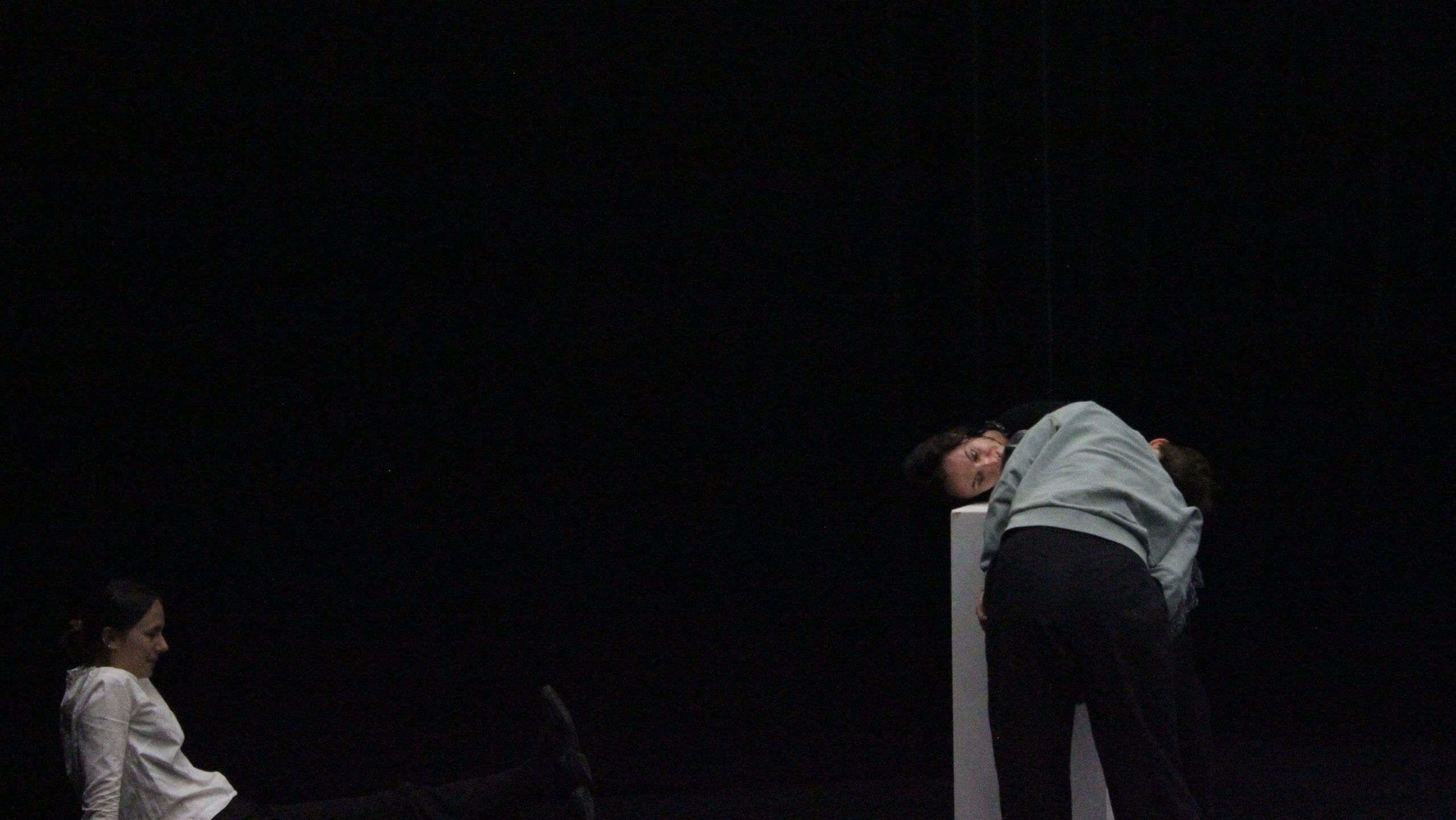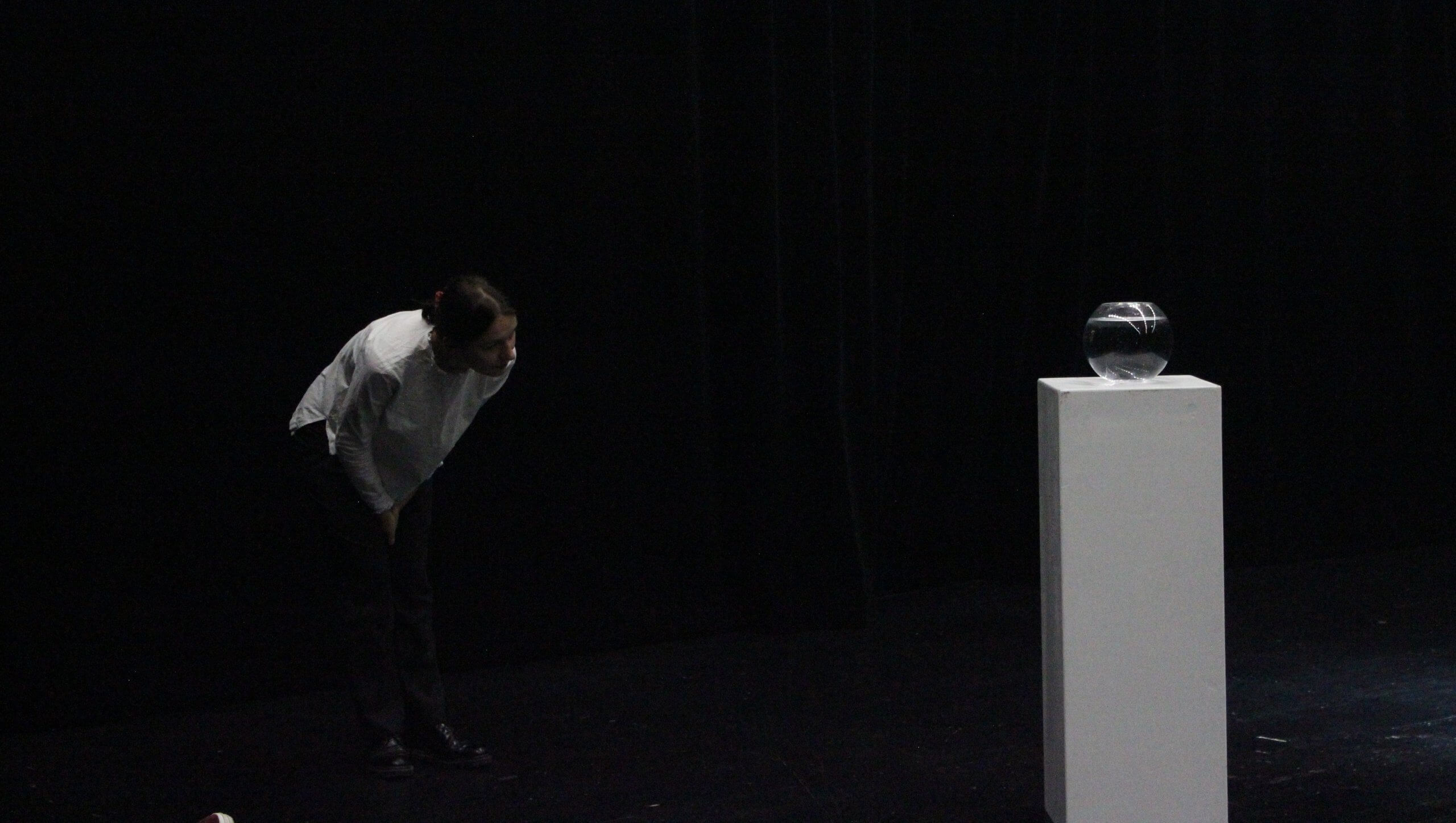static [ˈstatɪk]:
Adjective:
– lacking in movement, action, or change, especially in an undesirable or uninteresting way
– forces in equilibrium.
Noun:
– an electrical charge of materials when they are rubbed.
– noise, magnetic interference
Our performance-presentation is based on television static, which is the constant changing of patterns on the television screen due to the fact that the antenna did not receive a concrete sign. I read somewhere which was quite poetic that what you can see as television static – since the antenna does not filter, while receiving it – is basically everything, life in its purest form. Because of no sign, because of nothing, the constant changing patterns of life happens. That’s what the production name entails: static means stillness and at the same time means constant movement.
Our question is how you can create a space which only receives signals, but it is still by itself so it could bring forth the constant movement (dance) of life, and the rules which govern social interaction?
_Static_! is part of a transnational artistic research project investigating the basic questions of togetherness.
Concept: Balint Barabas Szigeti
Choreographer: Anna Gies
Dramaturg: Katerina Kalantranaki
Exhibition: Eszter Sonnevend
Installation, Technical aid: Tobias Hahnefeld
Performers: Annu Koetter, Balint Barabas Szigeti, Katerina Kalantranaki
Creators uncredited: Adi Einecke, Damian Obara, Isabelle Gebert
language: English, German
duration: 60-75 min
notes: darkness, flickering lights, audience participation
